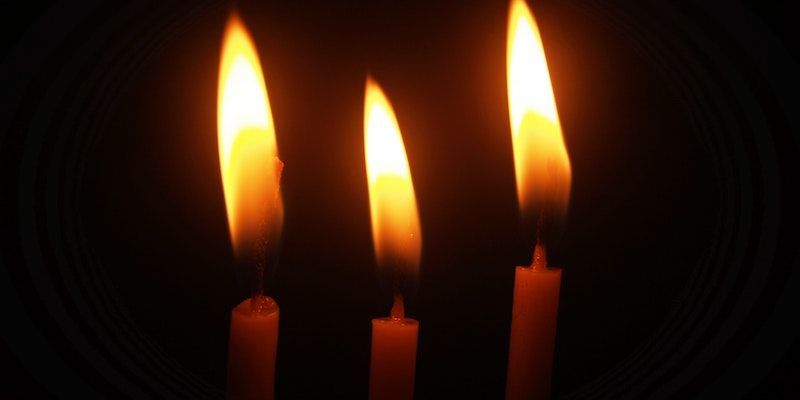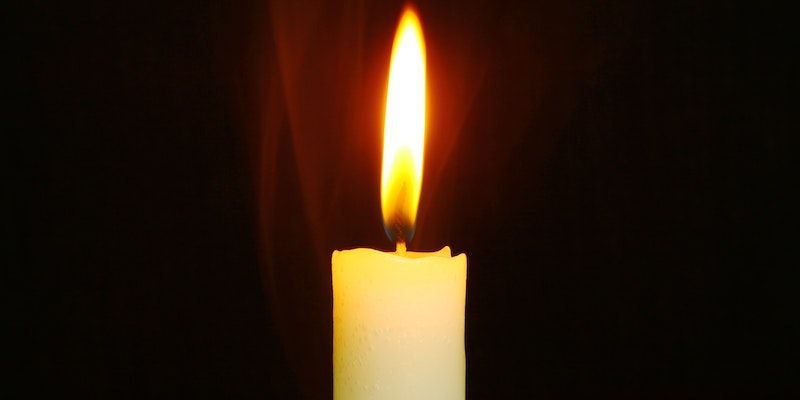Considering Pallbearers as Part of Funeral Planning
While every funeral will be slightly different based on the unique needs of the family and the wishes of the departed, a consistent theme across nearly all funerals is the honoring of a loved one’s memory. This is accomplished through a variety of potential themes, including several traditions that have become a standard part of many funerals – and one good example here is the use of pallbearers.
At Lindquist Mortuaries, we offer a wide range of funeral arrangement services to help with a variety of funeral plan needs, including details like pallbearers and others. Pallbearers, as many are aware, are present to help escort the casket to and from a funeral service and eventually to its final resting place. Let’s go over the traditional use of pallbearers, how our funeral home will assist you in this area if needed, and some options at your disposal if you want to go without pallbearers.
Pallbearer Purpose and Tradition
As we noted above, the primary purpose of pallbearers at a funeral is to transport the casket to and from the service. There are usually between six and eight pallbearers selected for this purpose, though this may vary and there is no set range you have to stick to.
In most cases, those selected as pallbearers will be close friends or family members of the departed. Some people may even include their wishes for their own pallbearers in their will; if not, remaining close family will be trusted to select them. Being a pallbearer is considered a major honor, and it’s important for those choosing them to ensure the people selected will be able to control their grief and carry out their responsibilities properly.
Funeral Homes and Pallbearers
In some cases, specific pallbearers either aren’t selected or are unable to make it to the funeral. In others, they may be physically unable to hold the weight required for this role.
In these situations, we’re happy to work with you to assign additional employees to assist with the pallbearing needs. If you are utilizing a local church or similar religious area, you’ll also often be able to find leaders who will volunteer to help.
Going Without Pallbearers
In other situations, you may choose not to use pallbearers at all. This might be the case if you’re utilizing cremation, but can also be done even if a casket is involved. We can provide wheeled carts or other transportation methods for caskets, allowing the remains to be transported as needed. In these cases, it’s possible to choose honorary pallbearers who walk behind the casket, a common route taken if the desired pallbearers are older or unable to bear the weight of the casket.
For more on pallbearers for a funeral, or to learn about any of our funeral planning or funeral service solutions, speak to the staff at Lindquist Mortuaries today.
Frequently Asked Questions
What is the role of a pallbearer?
Funeral traditions vary, but pallbearers are part of a solemn procession at most funerals. Their job is to carry the casket and show respect for the deceased individual as they help move it from one location to another. Sometimes you’ll see them wearing white gloves while doing their duty; this may be due in some cultures out of consideration that touching something so sacred would otherwise require special care!
Can a female be a pallbearer?
A funeral service is not complete without a pallbearer. They help carry the casket and they are usually close relations with the deceased, such as family members or friends. Women should also be included in this important role so that everyone can have equal representation at funerals.
How many pallbearers do you need to carry a casket?
Pallbearers are tasked with carrying the casket or urn at a funeral. Traditionally, four to six pallbearers carry the weight of an average coffin during funerals.










